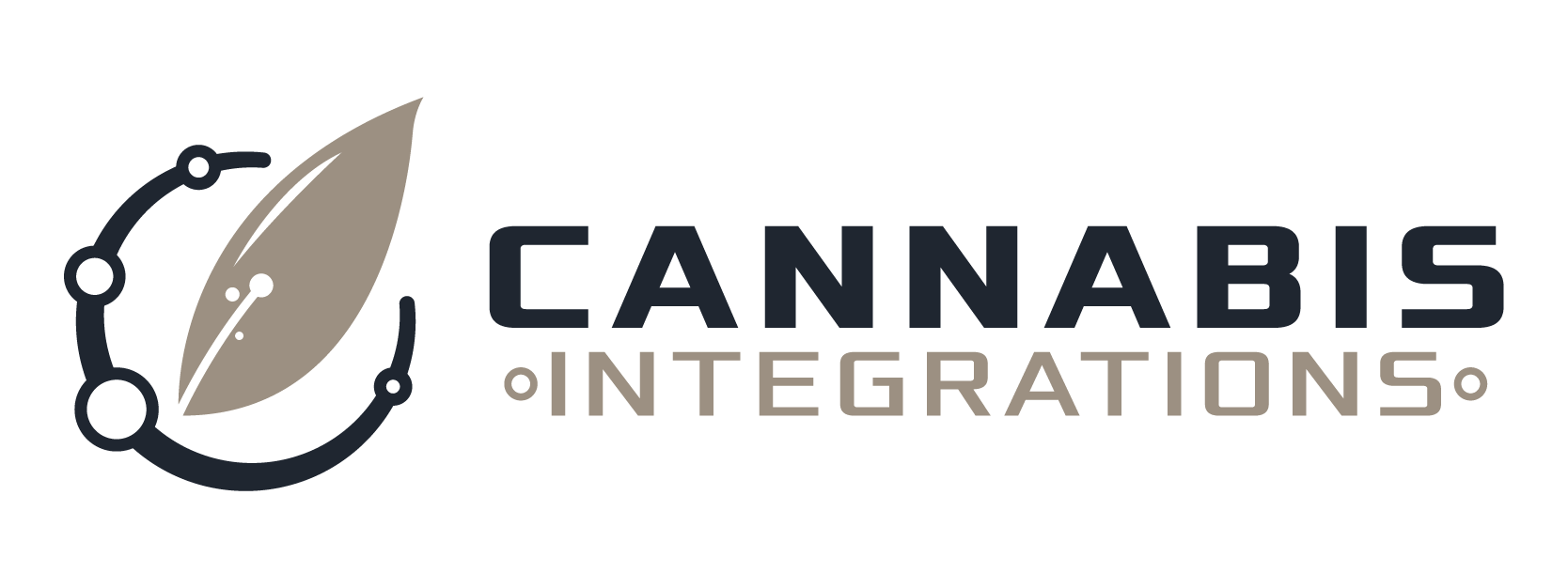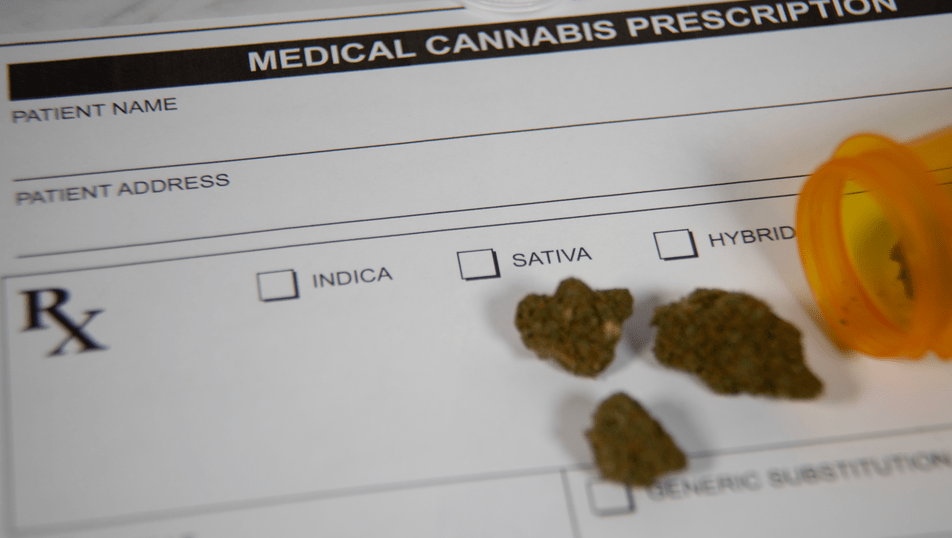As cannabis legalization continues expanding across the United States for both medical and recreational use, telehealth platforms have become a vital channel for patient consultations, medical cannabis certifications, and ongoing care. But with medical cannabis still classified under a patchwork of state regulations and the presence of sensitive patient data, ensuring compliance with the Health Insurance Portability and Accountability Act (HIPAA) is critical.
Telehealth providers serving the cannabis space are now tasked with balancing patient privacy, data security, and regulatory requirements—all while integrating seamlessly with electronic medical record (EMR) systems. Let’s explore how secure telehealth integrations are reshaping medical cannabis care while staying HIPAA-compliant.
Understanding HIPAA in the Context of Medical Cannabis
HIPAA sets the standard for protecting sensitive patient health information (PHI). While cannabis may still be federally illegal, any healthcare provider or technology platform that handles patient data is still bound by HIPAA’s rules. This includes telehealth platforms issuing medical marijuana recommendations or managing patient follow-ups.
Cannabis telehealth services often collect and store PHI such as medical history, diagnoses, ID documents, video recordings of patient evaluations, and prescriptions. Improper handling of this data could not only risk patient trust but also lead to costly violations. As a result, systems built for cannabis telehealth must deploy HIPAA-compliant technology stacks—from encryption to access controls—to ensure patient data remains secure.
The Role of Secure Integration in Telehealth Workflows
The modern cannabis telehealth ecosystem connects multiple systems: online intake forms, video conferencing tools, payment processors, EMRs, and cannabis state tracking systems like Metrc or BioTrack. Each touchpoint introduces a potential vulnerability unless robust security practices are in place.
Key security and integration features include:
- End-to-End Encryption: All communication between patient and provider must be encrypted to meet HIPAA standards, including real-time video consultations and data transfer between apps.
- BAAs (Business Associate Agreements): Telehealth platforms must have signed agreements with every vendor handling PHI, from cloud storage providers to integrated scheduling tools.
- EMR Integration: Secure APIs allow telehealth platforms to sync patient information with EMRs in real-time. This streamlines documentation, reduces redundancy, and minimizes data entry errors—all without compromising security.
- Access Management: Role-based access control ensures only authorized users (e.g., licensed cannabis doctors or medical staff) can view or modify patient records.
By combining these technical safeguards with smart system design, cannabis telehealth platforms reduce their risk exposure while maintaining operational efficiency.
Cannabis-Specific Considerations
Unlike traditional healthcare, cannabis introduces additional legal and logistical complexity. State-by-state rules govern how certifications are issued, how records are kept, and how telehealth services can operate. For instance, some states require in-person consultations for initial cannabis certifications, while others fully support digital evaluations.
Telehealth systems must remain agile, adapting their workflows and data storage policies depending on the state of operation. Leading platforms in the cannabis space—like Veriheal, NuggMD, and Leafwell—have tailored their software to meet both HIPAA and state-specific cannabis compliance regulations, often partnering with legal teams and compliance consultants to stay ahead.
The Future of HIPAA-Compliant Cannabis Telehealth
As federal cannabis policy evolves and more patients seek medical advice remotely, the demand for secure, compliant telehealth solutions will continue to grow. AI-assisted health evaluations, mobile-friendly platforms, and automated integrations with dispensary databases may soon become standard—but only if they preserve the sanctity of patient privacy.
In the end, patient trust is the cornerstone of any medical practice. For the cannabis industry to thrive in the telehealth era, protecting data isn’t just a legal checkbox—it’s a competitive advantage.

